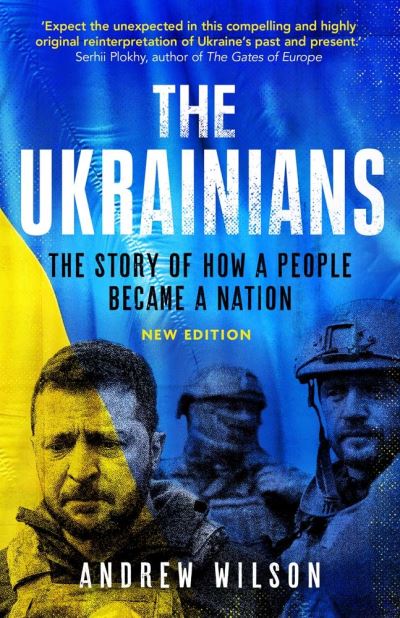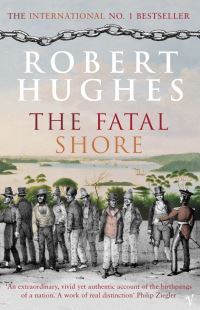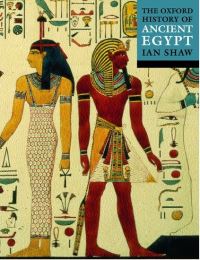Description
As in many postcommunist states, politics in Ukraine revolves around the issue of national identity. Ukrainian nationalists see themselves as one of the world’s oldest and most civilized peoples, as “older brothers” to the younger Russian culture.Yet Ukraine became independent only in 1991, and Ukrainians often feel like a minority in their own country, where Russian is still the main language heard on the streets of the capital, Kiev. This book is a comprehensive guide to modern Ukraine and to the versions of its past propagated by both Russians and Ukrainians. Andrew Wilson provides the most acute, informed, and up-to-date account available of the Ukrainians and their country.
Concentrating on the complex relation between Ukraine and Russia, the book begins with the myth of common origin in the early medieval era, then looks closely at the Ukrainian experience under the tsars and Soviets, the experience of minorities in the country, and the path to independence in 1991. Wilson also considers the history of Ukraine since 1991 and the continuing disputes over identity, culture, and religion. He examines the economic collapse under the first president, Leonid Kravchuk, and the attempts at recovery under his successor, Leonid Kuchma. Wilson explores the conflicts in Ukrainian society between the country’s Eurasian roots and its Western aspirations, as well as the significance of the presidential election of November 1999.




